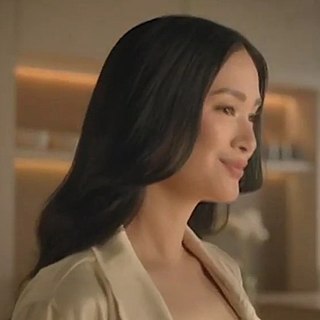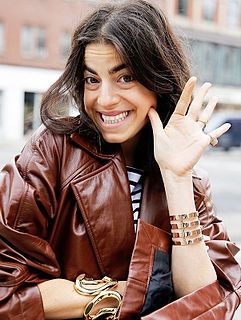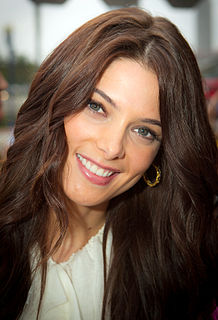A Quote by Lucy Worsley
I've most liked dressing up as a flapper. I've been flappered twice. But I care not only about the clothes they wore but what they stood for. It's early-liberated, earning money, having the vote, their potential husband probably died in the war, that kind of independence.
Related Quotes
When I say the economy is shrinking, it's the economy of the 99%, the people who have to work for a living and depend on earning money for what they can spend. The 1% makes its money basically by lending out their money to the 99%, on charging interest and speculating. So the stock market's doubled, the bond market's gone way up, and the 1% are earning more money than ever before, but the 99% are not. They're having to pay the 1%.
My first experiences with fashion were dressing up. It was always about fantasy for me. Dressing up as characters . . . I always thought that's what clothes were - that they would make you into the person you wanted to be. I'm an actress, so I love to act, and I think that's one of the most important things - the thing that makes you feel like another person.
All of you are aware of the tragic history of racism in America, but for a very long time, African-Americans and their white allies came together and they struggled and they stood up for justice and they stood up to lynching and they stood up to segregation and the stood up to a nation where African-Americans couldn't even vote in America.
I will never forget that the only reason I'm standing here today is because somebody, somewhere stood up for me when it was risky. Stood up when it was hard. Stood up when it wasn't popular. And because that somebody stood up, a few more stood up. And then a few thousand stood up. And then a few million stood up. And standing up, with courage and clear purpose, they somehow managed to change the world.
In my early 20s I was so miserable doing construction, I wanted something that paid money. I liked nice stuff. I liked cars and architecture, and things that cost money. I wanted to not swing a hammer, and make money… and not do stuff that was dirty. I attempted to get into comedy. I started to do stand-up, but I wasn’t very good at it.































